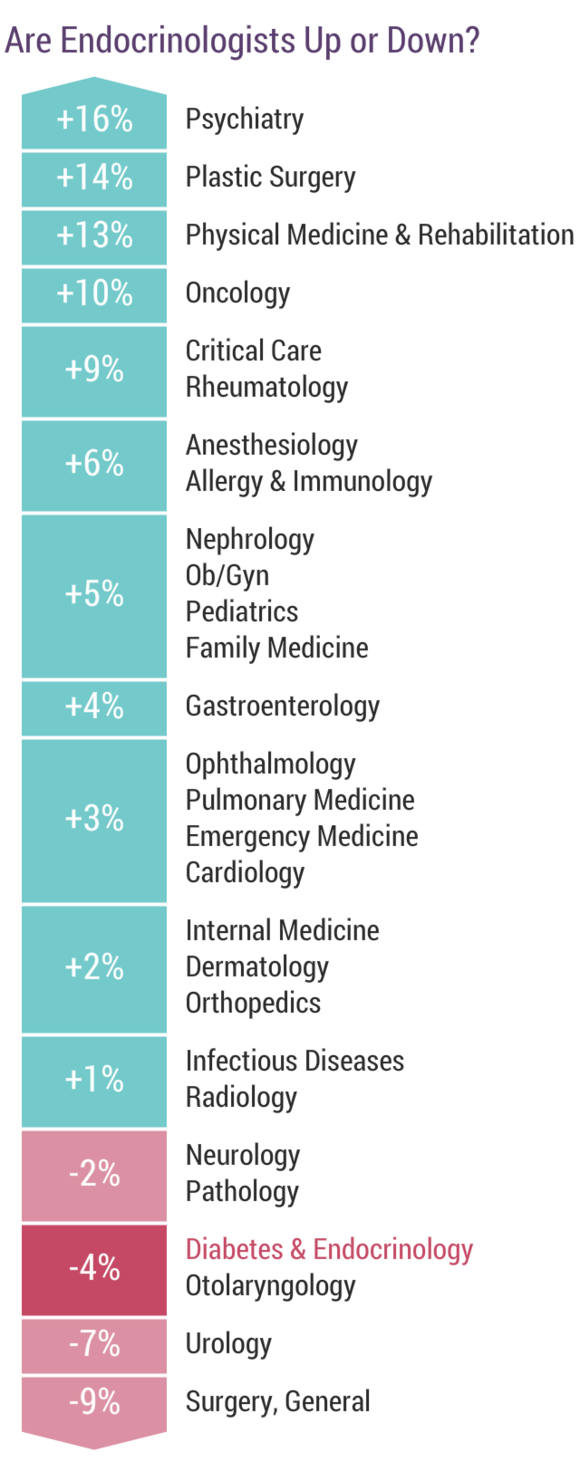Texas Endocrinology: State-of-the-Art Hormonal Healthcare
Wiki Article
The Science Behind Hormonal Agent Regulation: Insights From an Endocrinologist
The Science Behind Hormone Law: Insights From an Endocrinologist offers a comprehensive expedition of the detailed procedures included in hormone regulation. Whether you are a clinical specialist looking for a deeper understanding of endocrine function or a specific interested in finding out regarding the science behind hormone regulation, this publication is an invaluable source.Hormonal Agents and Their Functions
Hormones play vital duties in the guideline and sychronisation of different physiological procedures within the body. These chemical carriers are generated by endocrine glands and are launched into the blood stream, where they take a trip to target cells or organs to apply their impacts. The functions of hormonal agents vary and encompass practically every facet of human physiology.One of the main features of hormonal agents is to keep homeostasis, which is the stable internal setting required for the body to work optimally. For instance, insulin, a hormonal agent generated by the pancreatic, manages blood sugar degrees by advertising the uptake and storage of glucose in cells. Another hormone, cortisol, helps the body respond to stress and anxiety by raising blood sugar degrees and subduing the immune system.
Hormonal agents additionally play essential functions in growth and growth. Growth hormone, produced by the pituitary gland, boosts the development of bones and cells, while thyroid hormones regulate metabolic process and influence the development of the nerves - Best endocrinologist near me. Furthermore, reproductive hormonal agents, such as estrogen and testosterone, are in charge of the growth and upkeep of additional sexual characteristics and the policy of the menstruation
The Endocrine System: A Review
Playing a crucial role in the regulation and coordination of physiological procedures, the endocrine system is a complex network of glands that produce and launch hormonal agents right into the bloodstream. These glands, including the hypothalamus, pituitary gland, thyroid gland, adrenal glands, pancreatic, ovaries, and testes, secrete hormones that serve as chemical messengers, affecting different physical features. The endocrine system works in combination with the nerve system to maintain and manage homeostasis, making sure that the body's inner environment stays steady.The hypothalamus, situated in the mind, is taken into consideration the master regulator of the endocrine system. It creates hormones that inhibit the release or stimulate of hormonal agents from the pituitary gland, which consequently controls the task of other endocrine glands. The thyroid gland, situated in the neck, creates hormonal agents that control metabolic rate and power equilibrium. The adrenal glands, located atop the kidneys, create hormonal agents that help the body respond to anxiety and control blood pressure.

Guideline of Hormone Manufacturing
The law of hormone manufacturing includes an intricate interaction between different glands and comments systems within the endocrine system. Hormonal agents are chemical carriers that play a crucial function in preserving homeostasis and collaborating numerous physiological processes in the body. The manufacturing of hormonal agents is tightly controlled to guarantee the appropriate performance of the endocrine system.The hypothalamus, located in the mind, acts as a crucial regulatory authority of hormone production. It releases hormonal agents that prevent the production or stimulate of hormonal agents by the pituitary gland, which is usually referred to as the "master gland" of the endocrine system. The pituitary gland, subsequently, produces hormonal agents that act upon different target glands throughout the body, stimulating them to produce and launch certain hormones.
Responses devices additionally play a crucial function in hormone guideline. There are two kinds of comments mechanisms: negative responses and positive responses. Unfavorable responses helps keep hormone levels within a narrow variety. When hormone levels rise over or fall below the optimal array, the body activates mechanisms to either decline or increase hormonal agent manufacturing, respectively, to bring back equilibrium. Favorable comments, on the other hand, intensifies the production of hormonal agents in feedback to particular stimulations, such as giving birth.
Responses Loops in Hormonal Agent Guideline
Responses loops play a critical role in the guideline of hormone manufacturing. These loops include a collection of communications in between the endocrine glands, hormones, and target organs to preserve homeostasis in the body. There are two types of comments loopholes: adverse comments and favorable comments.When hormonal agent degrees increase over a specific threshold, the hypothalamus in the brain signifies the pituitary gland to reduce hormonal agent manufacturing. On the other hand, when hormone degrees go down listed below the threshold, the hypothalamus stimulates the pituitary gland to enhance hormone manufacturing, restoring balance.
Favorable responses loopholes, on the other hand, intensify hormonal agent production. This happens when a hormonal agent boosts the release of more of the same hormone, causing a fast rise in its degrees. However, favorable comments loops are much less common in hormonal agent regulation and are typically involved in certain physiological processes, such as childbirth and lactation.
Aspects Influencing Hormonal Agent Equilibrium
Factors affecting hormone equilibrium include nutritional selections, way of living habits, and environmental direct exposures. These factors can have a considerable influence on the delicate equilibrium of hormonal agents in the body, influencing numerous physical procedures and overall health.Nutritional options play a crucial role in hormonal agent regulation. Eating Best endocrinologist near me a balanced diet that consists of a selection of nutrients is vital for keeping hormone equilibrium.
Way of living routines, such as exercise, sleep patterns, and stress and anxiety management, additionally affect hormonal agent equilibrium. Regular physical activity aids manage hormone degrees, advertises total health, and minimizes the risk of hormonal problems. Appropriate sleep is essential for hormone manufacturing and law, as disrupted rest patterns can result in inequalities. Furthermore, persistent stress can dysregulate the hypothalamic-pituitary-adrenal (HPA) axis, a crucial player in hormone guideline, causing a waterfall of hormone imbalances.

Verdict
In conclusion, comprehending the scientific research behind hormonal agent regulation is essential for maintaining overall health and wellness and health. Hormones play essential roles in different physical features, and their manufacturing is controlled by intricate responses loops.The Scientific Research Behind Hormone Guideline: Insights From an Endocrinologist supplies a detailed expedition of the complex procedures involved in hormonal agent policy. It produces hormonal agents that inhibit the launch or stimulate of hormones from the pituitary gland, which in turn controls the task of other endocrine glands. It launches hormones that stimulate or prevent the manufacturing of hormones by the pituitary gland, which is commonly referred to as the "master gland" of the endocrine system. The pituitary gland, in turn, produces hormonal agents that act on different target glands throughout the body, stimulating them to generate and launch specific hormones.
When hormone levels climb above a particular limit, the hypothalamus in the mind indicates the pituitary gland to decrease hormonal agent manufacturing. (Endocrinologist in cedar park)
Report this wiki page